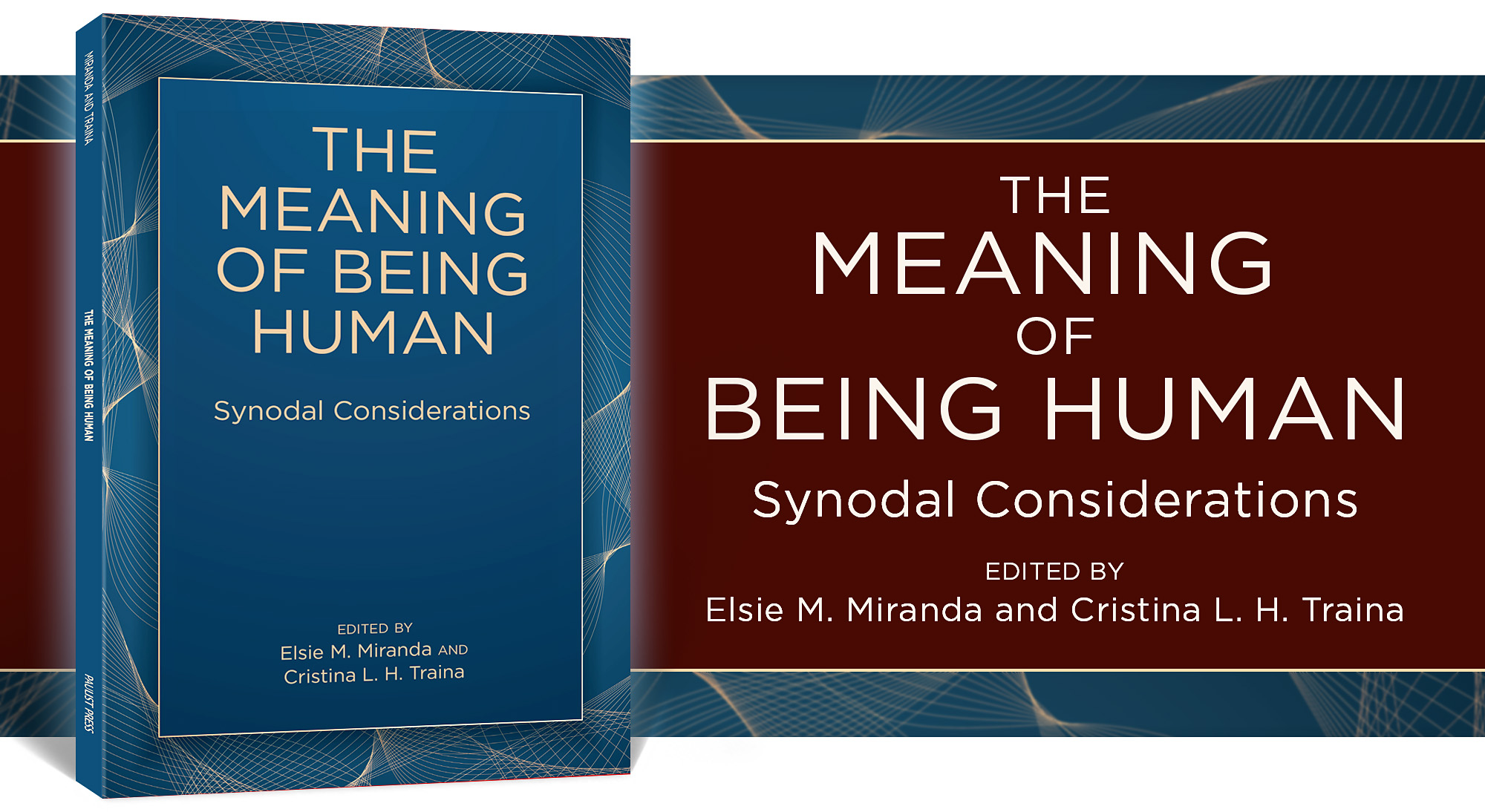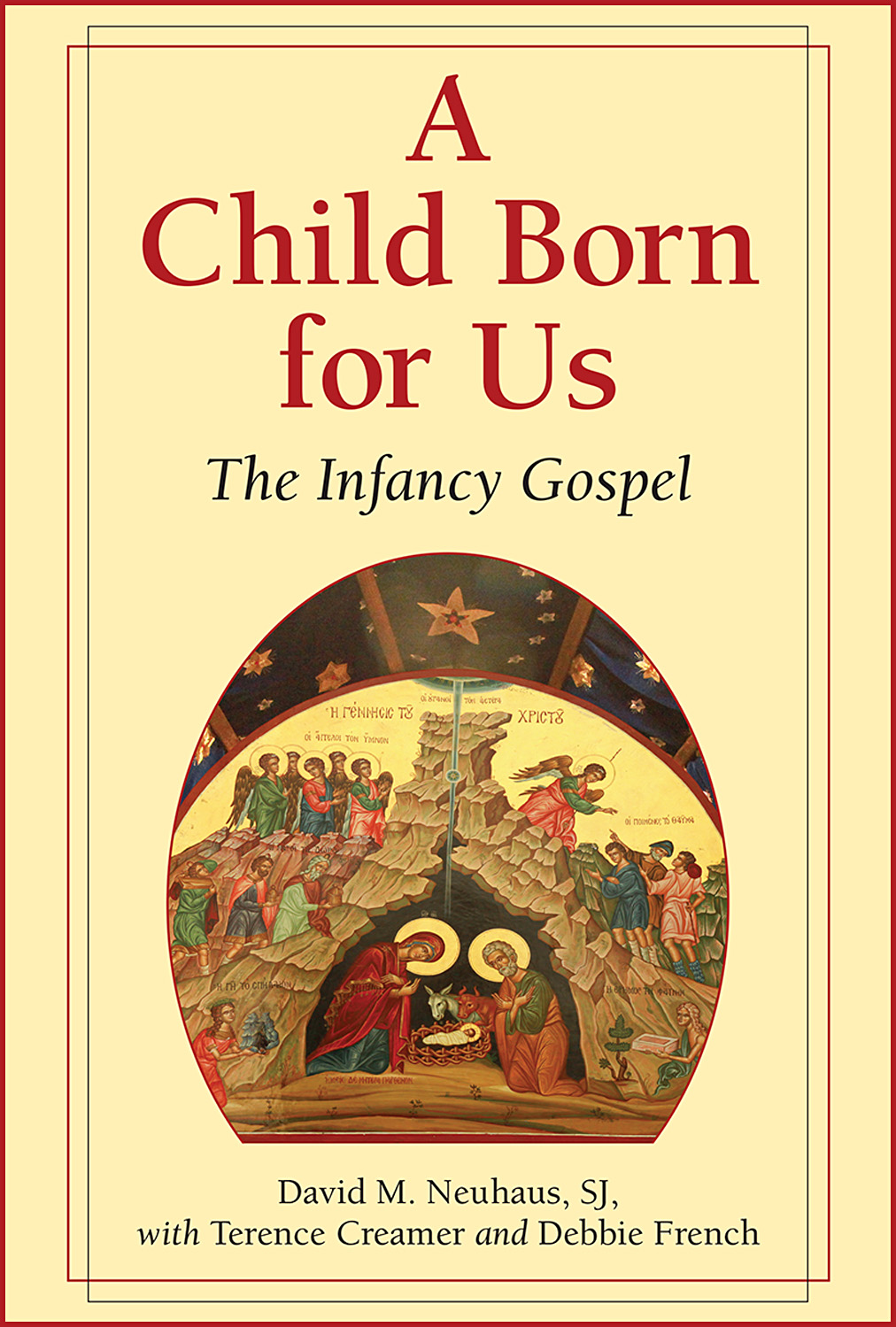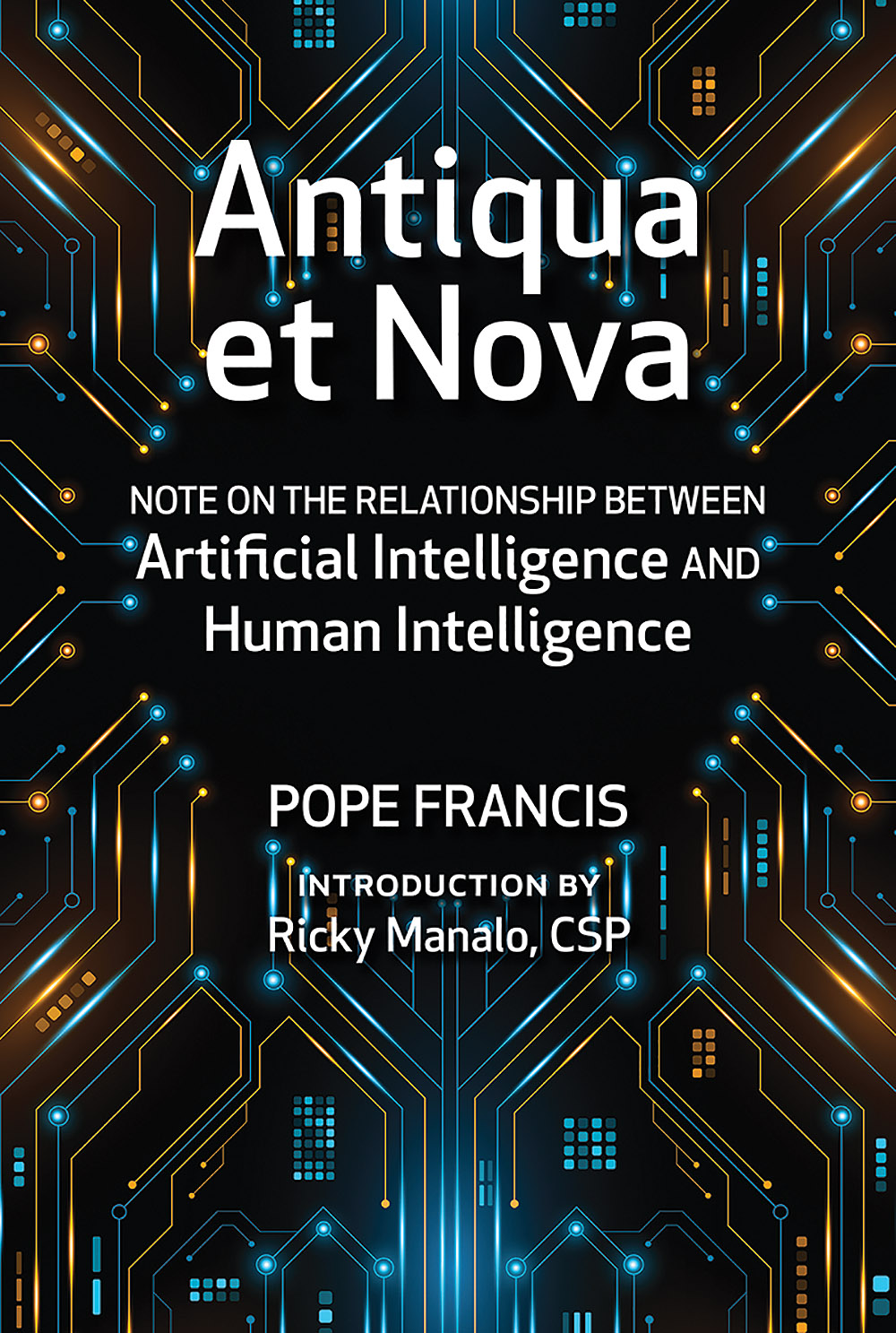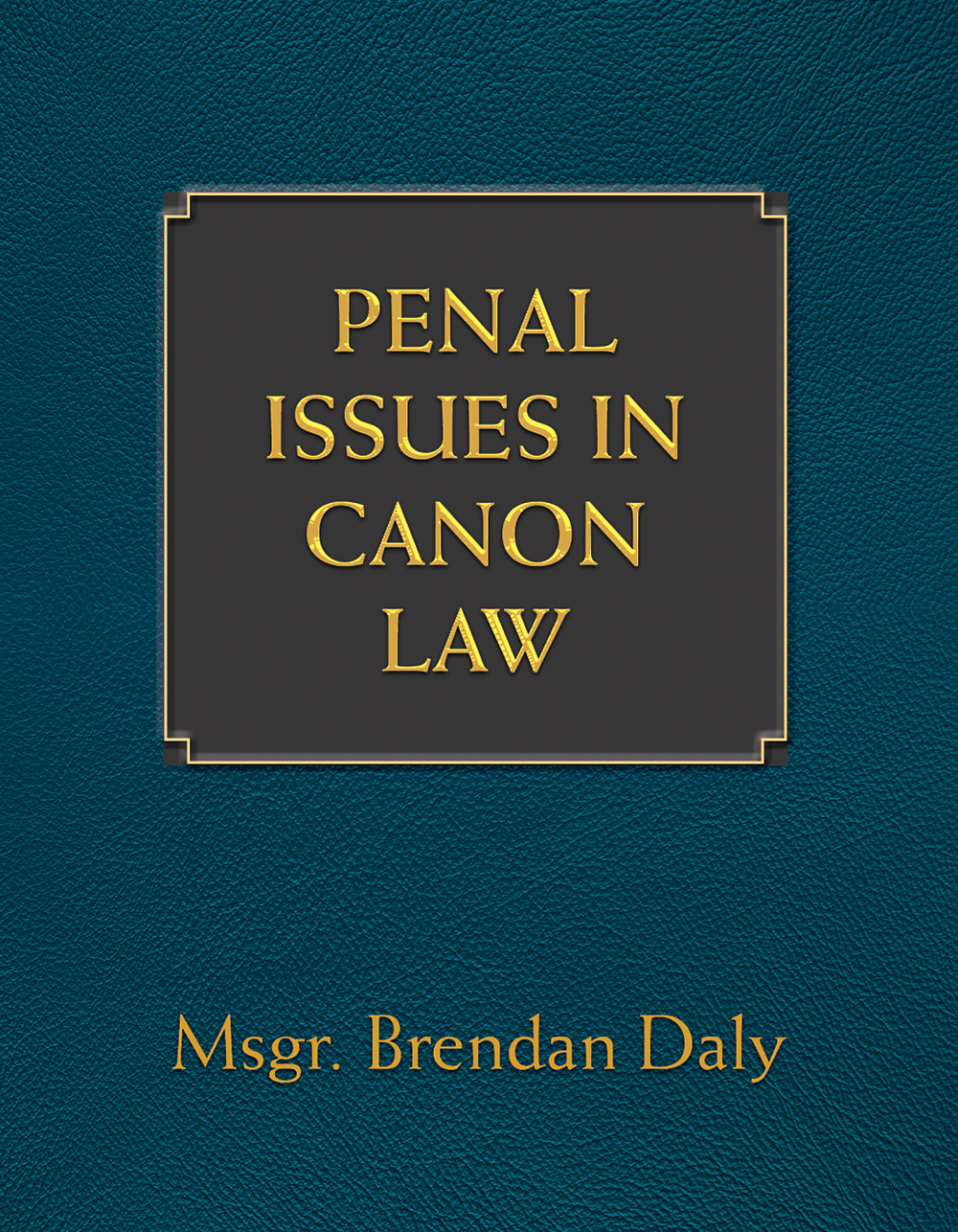
|
|
This collection of essays explores the meaning of being human as beloved creatures of God in the context an ever-evolving creation. As baptized members of the body of Christ the authors of these essays explore themes raised by the global synod, with particular attention to Theological Anthropology, and the capacity of God’s Spirit and Grace to break into our ordinary lives to manifest goodness, beauty, and divine love in the world.
Endorsements
"The chapters of this edited collection are like facets of a diamond, illuminating various aspects of human interrelatedness and particularity. As this book makes clear, the meaning of being human requires that we take seriously humans as part of the community of creation; human bodiliness as marked by race, gender, and culture; and humans as yearning for new interpretations of 'natural law' and 'complementarity.' This book will stretch your imagination."
—Nancy Pineda-Madrid, president, Catholic Theological Society of America
"In 2023, Pope Francis at the close of the XVth General Assembly of the Synod summoned theologians to provide new ways of understanding our humanity. Rather brilliantly, Elsie M. Miranda and Cristina L. H. Traina accepted the invitation and recruited eleven colleagues to proffer their ideas. The result is astonishing because they chose the theologians most inclined to take us further forward in comprehending the meaning of being human. Buy it now, form a group, and listen to the Spirit as she leads us forward."
—James F. Keenan, SJ, Canisus Professor, Boston College
"The succinct and insightful essays gathered here are perfectly attuned to Pope Francis's vision of the synodal, relational Church we are and must become. Miranda and Traina have convened some of today's best scholars, old and young and from richly diverse backgrounds, to reflect creatively on the very meaning of being-human in light of the wisdom of scripture and tradition. We are invited to ponder anew what it means to be human persons, embodied selves in a deeply interconnected world of God, humans, and all living beings."
—Francis X. Clooney, SJ, Parkman Professor of Divinity, Harvard University
Elsie M. Miranda, DMin, is a Cuban American scholar and a Catholic practical theologian. She is currently serving as director of diversities at the Association of Theological Schools of the United States and Canada.
Cristina L. H. Traina, PhD, is the Avery Cardinal Dulles, SJ, Chair in Catholic Theology at Fordham University.
|
|
|
 |

|
A Child Born for Us
The Infancy Gospel
David M. Neuhaus, SJ with Terrence Creamer and Debbie French
The infancy narratives are complex texts that tell us more than one may think about who Jesus is and what relationship we are invited to have with him. The reflections in the book are linked to five themes: Jesus's ancestors; Joseph, son of Jacob, father of Jesus; Mary the prophetess, mother of Jesus; the relationship between Nazareth, Jesus's hometown, and Bethlehem, the place of his birth. Finally, the fifth reflection focuses directly on Jesus himself and the moment of his birth.
A careful reading of the biblical texts allows the reader to fully discover the relationship between God and the human person. Through understanding the plots, characters, and places described in the Bible, readers can uncover the meaning of the Scriptures for their life, beyond simply explaining the literal meaning of the text.
A Child Born for Us is a guide for the reader, individual, or group seeking to deepen their understanding of the Gospel narratives of the infancy of Jesus.
Rev. David Neuhaus, SJ, is a lecturer in biblical studies in Jerusalem, teaching both in Israel and in Palestine. He has been teaching scripture for twenty-five years in the Latin Patriarchal Seminary and in other institutions of higher learning. He spends a few months each year teaching at the Jesuit Institute of South Africa.
Terence Creamer is codirector of Creamer Media and editor of Engineering News and Polity and digital editor of Mining Weekly. Debbie French is married to Terence and is an editor.
|
|
 |

|
Antiqua et Nova
Note on the relationship Between Artificial Intellience and Human Intelligence
Pope Francis, with an introduction by Ricky Manato, CSP
What does it mean to be human in the age of artificial intelligence?
At a time when algorithms shape our choices, automate our work, and even mimic our creativity, Antiqua et Nova offers a bold, thoughtful, and grounded response from the Catholic tradition. Issued jointly by the Dicastery for the Doctrine of the Faith and the Dicastery for Culture and Education, this timely Vatican document explores the growing impact of AI on human life, relationships, society, and faith—and calls for ethical and theological reflection that upholds human dignity and the common good. With clarity and pastoral care, Antiqua et Nova outlines a Catholic understanding of intelligence and warns against reducing the human person to a mere processor of data. It affirms that while artificial intelligence may simulate certain human functions, it can never replicate the moral, spiritual, and creative depths of human consciousness.
Of special note in this volume is the compelling introduction by theologian and liturgical composer Ricky Manalo, CSP. Manalo illuminates the significance of the document, situating it within a long tradition of Christian engagement with science and technology. He offers concrete reflections for integrating AI into daily life, family relationships, and pastoral ministry—ensuring that this Vatican text is not just a policy statement but a practical and spiritual guide for a rapidly changing world.
Covering topics as wide ranging as education, labor, privacy, deepfakes, healthcare, warfare, and our relationship with God, Antiqua et Nova is a vital resource for teachers, ministers, parents, ethicists, technologists, and all who seek to navigate this new technological frontier with faith, wisdom, and moral clarity.
Pope Francis, Jorge Mario Bergolio, was born in Buenos Aires on December 17, 1936, and became bishop of Rome and the 266th pope of the Catholic Church on March 13, 2013.
|
|
 |

|
Penal Issues in Canon Law
Msgr. Brendan Daly
This book is a practical guide for implementing canonical penal law. Many church leaders, including bishops, are unsure of the procedures for the application of penalties. It effectively addresses the gaps in knowledge concerning the recent amendments and changes to procedural norms that were made to Book VI.
Endorsements
"Brendan Daly has once more distilled into one convenient book years of experience and knowledge in canon law. This book courageously deals with complex penal situations and provides clear digestible explanations of law, coupled with practical analysis and insights. It is a most useful and valuable resource to canonists, survivor/victim advocates, canon law students, and all those interested in this topic."
—Elizabeth Ong, judge tribunal of the Catholic Church for New Zealand.
"The demands on, and expectations of, the canonical penal system continue to escalate as exemplified by recent interest in the notion of vulnerable adults and false mysticism. The changes to Book VI in 2021 realigned aspects of substantive norms, but modernization of procedural prescripts has not received the attention needed. Penal Issues in Canon Law is a timely and critical addition to scholarship on relevant issues, including reporting of sexual abuse to civil authorities, the vexed question of victims' rights in penal proceedings, and spiritual abuse as a delict. The book is written with clarity and erudition."—The Hon. Neville Owen, Western Australia, Pontifical Commission for Minors.
Msgr. Brendan Daly is judicial vicar of the Tribunal of the Catholic Church for New Zealand and lecturer in canon law at Te Kupenga Catholic Theological College. He is a priest of the Diocese of Christchurch and holds a doctorate in canon law from St. Paul University and a PhD from Ottawa University. He has been a judge on the Appeal Tribunal for Australia and New Zealand and has written numerous articles.
|
|
 |
|